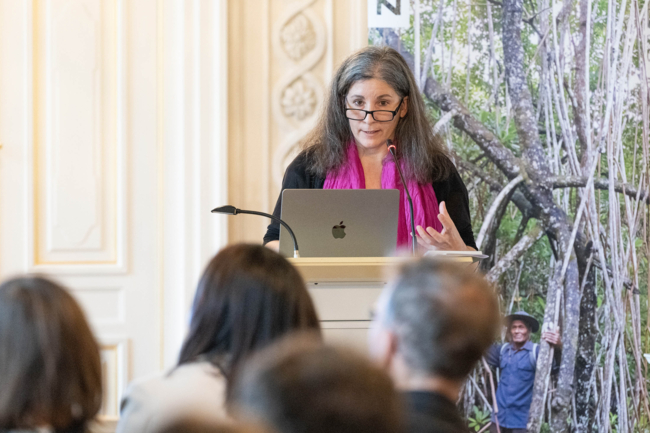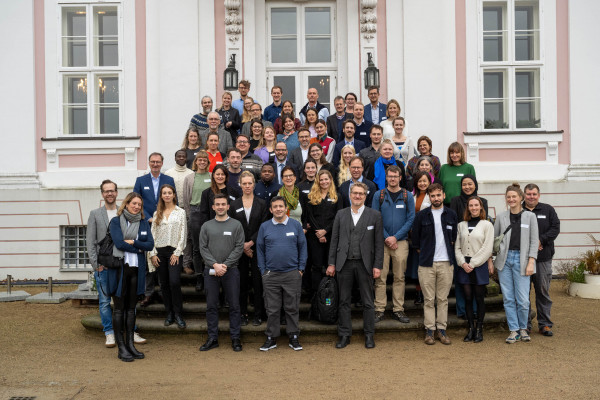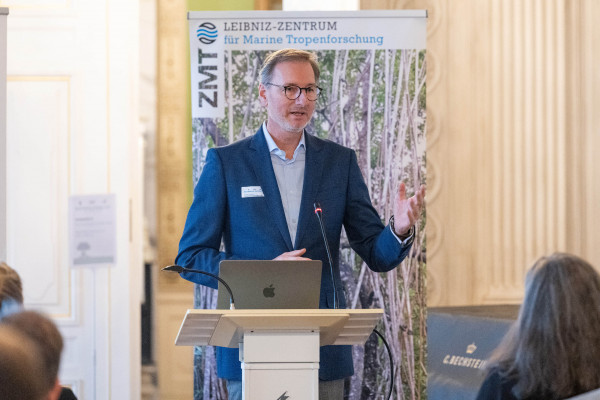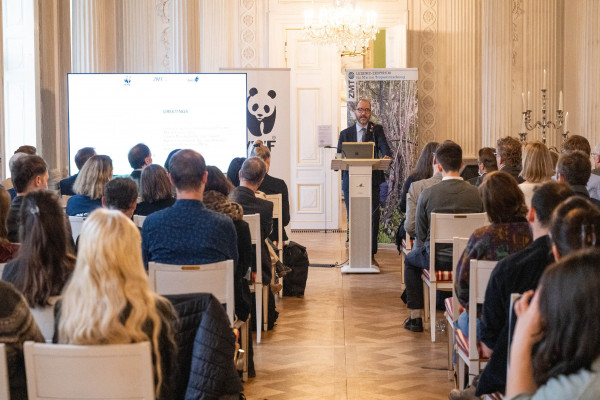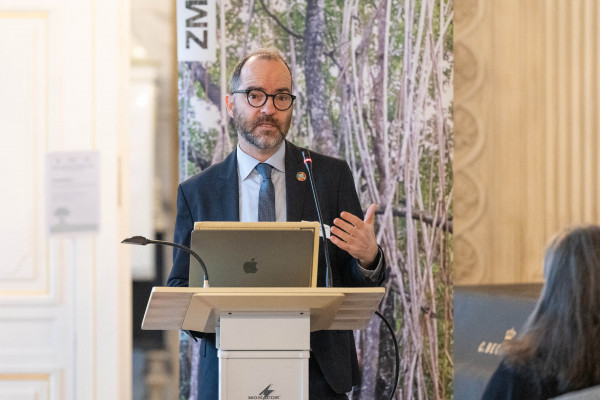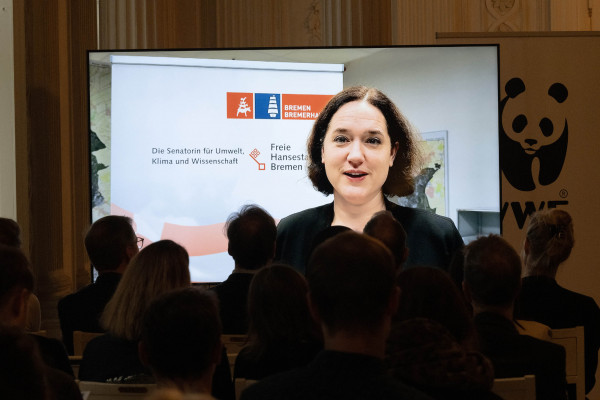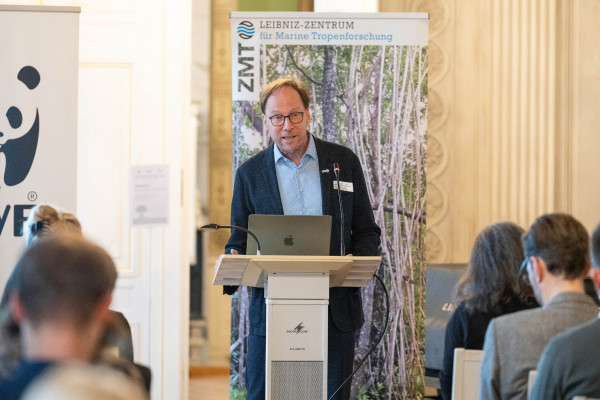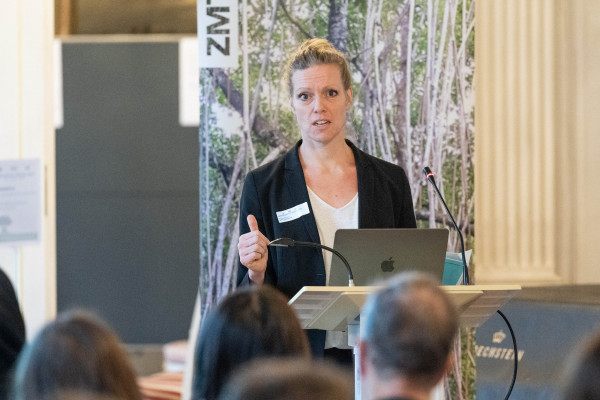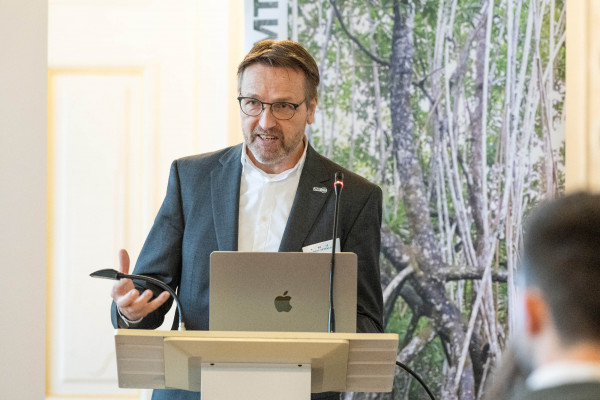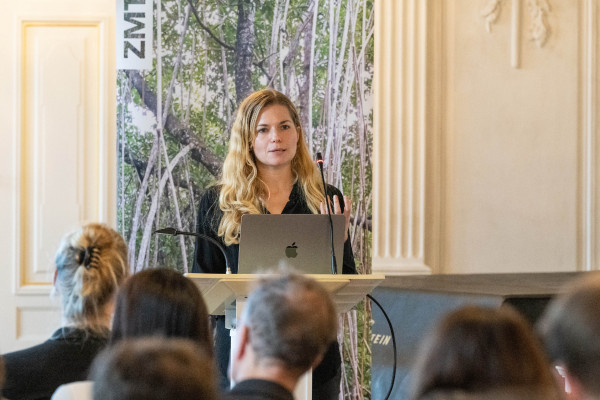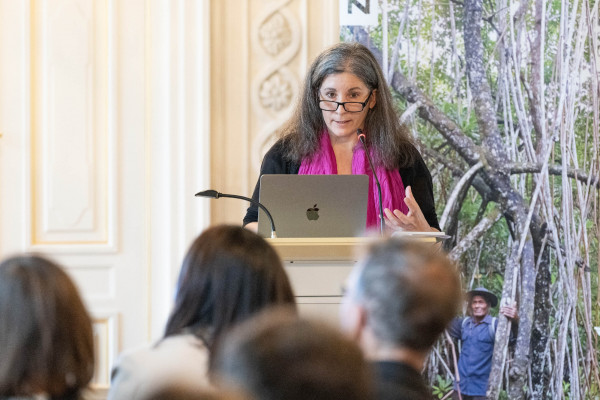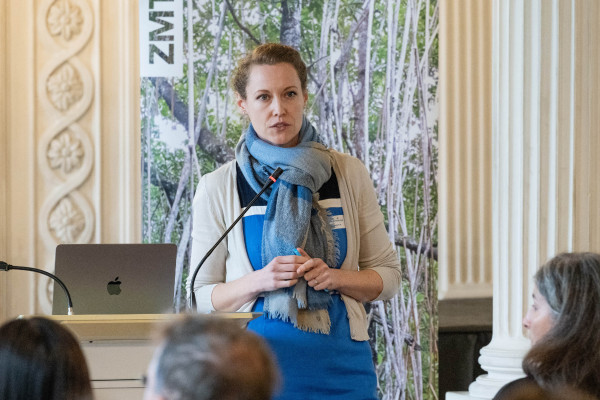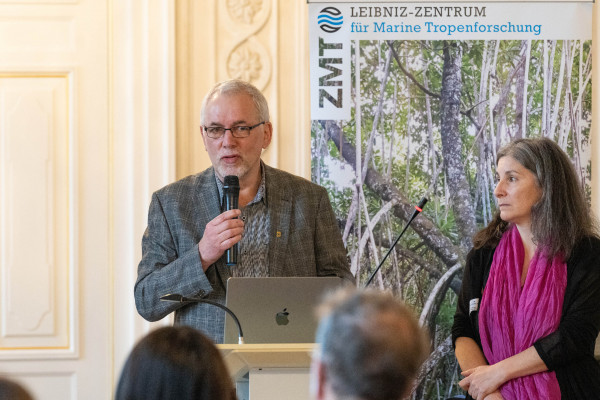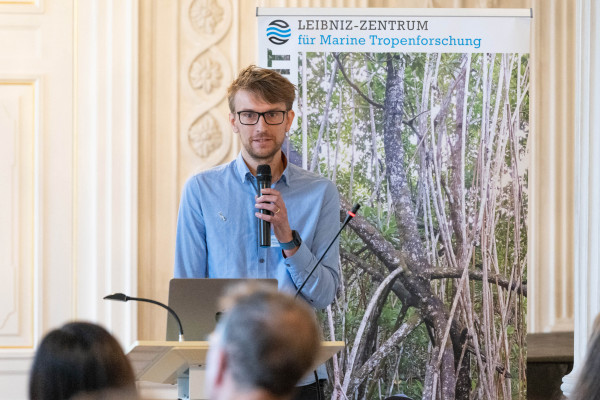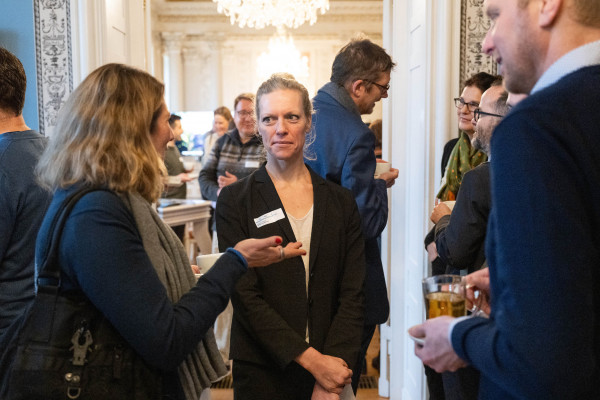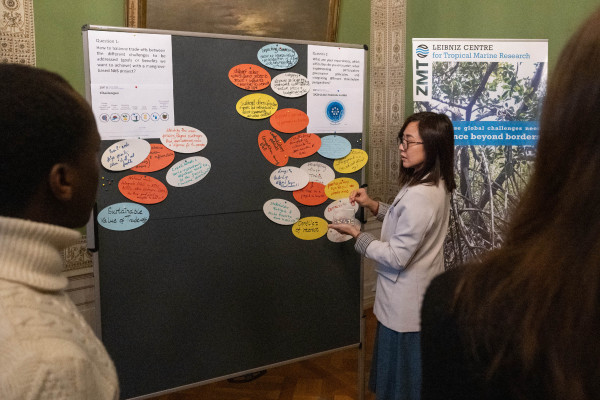Mangrove forests as a solution to the climate and biodiversity crisis? In Berlin, experts discuss the importance of mangrove ecosystems worldwide and for Germany
Mangrove forests are of immense value to humans and nature in the tropics: they protect coasts from erosion and storms, store large amounts of carbon and provide a habitat for numerous animal and plant species. At the same time, they secure the livelihoods of millions of people worldwide. But mangroves are under threat: these ecologically and economically valuable habitats are being lost at an alarming rate due to deforestation, pollution and climate change. To draw attention to the importance of mangrove forests and develop concrete solutions for their protection and restoration, the Leibniz Centre for Tropical Marine Research (ZMT), WWF Germany and the Berlin Zoological Gardens have organised the Mangrove Future Day. The event brings together researchers, political decision-makers and representatives of society at Tierpark Berlin to discuss strategies for a sustainable future. At the same time, the event offers the opportunity to initiate new partnerships for target group-orientated communication and education in order to address this topic even more effectively in society in the future.
The event is opened by Sebastian Unger, Federal Government Commissioner for the Marine Environment, Federal Ministry for the Environment, Nature Conservation,
Nuclear Safety and Consumer Protection (BMUV), Berlin. He says: "Mangroves are an indispensable component of healthy marine ecosystems and essential for coastal protection. The Mangrove Future Day is an important opportunity to bring together the expertise based in Germany in one room and to promote mangrove protection worldwide."
Dr Véronique Helfer, mangrove ecologist at ZMT, spokesperson for ZMT at the Leibniz Biodiversity Research Network and initiator of the third Mangrove Future Day, emphasises: "At ZMT, we see mangroves as key factors for sustainable development. We are delighted to once again bring people and ideas together at the Mangrove Future Day. At this event, we were also able to discuss innovative solutions that both safeguard the social value of these forests and promote their sustainable use."
"As a zoological institution, we see it as our task to give people access to nature and to sensitise them to the need to protect our environment. With almost six million visitors a year, we have a unique opportunity to reach and educate a wide audience. Environmental education is a central component of our work and we firmly believe that continuous educational work can make a decisive contribution to nature and species conservation," explains host and Zoo and Tierpark Director Dr Andreas Knieriem. With its Berlin World Wild species conservation programme, the zoological gardens have been specifically supporting the important research of the ZMT since 2022 in order to promote the protection of endangered ecosystems such as mangroves.
Background Mangroves
Mangrove forests are unique coastal ecosystems found in tropical and subtropical regions around the world. They consist of a variety of tree species that have developed special root systems that enable them to survive in the often soft, swampy soils of coastal regions. These trees are characterised by numerous adaptations to salty and changing environmental conditions and form a special bridge between land and sea.
These forests play a crucial role in environmental protection: they protect coasts from erosion by stabilising the land and acting as natural barriers against storms and floods. Mangroves are therefore invaluable, especially in times of climate change, when extreme weather events are on the increase. Mangroves also store large amounts of carbon and thus make a significant contribution to global climate protection. It is estimated that mangroves can store up to five times more carbon than the same area of tropical rainforest.





